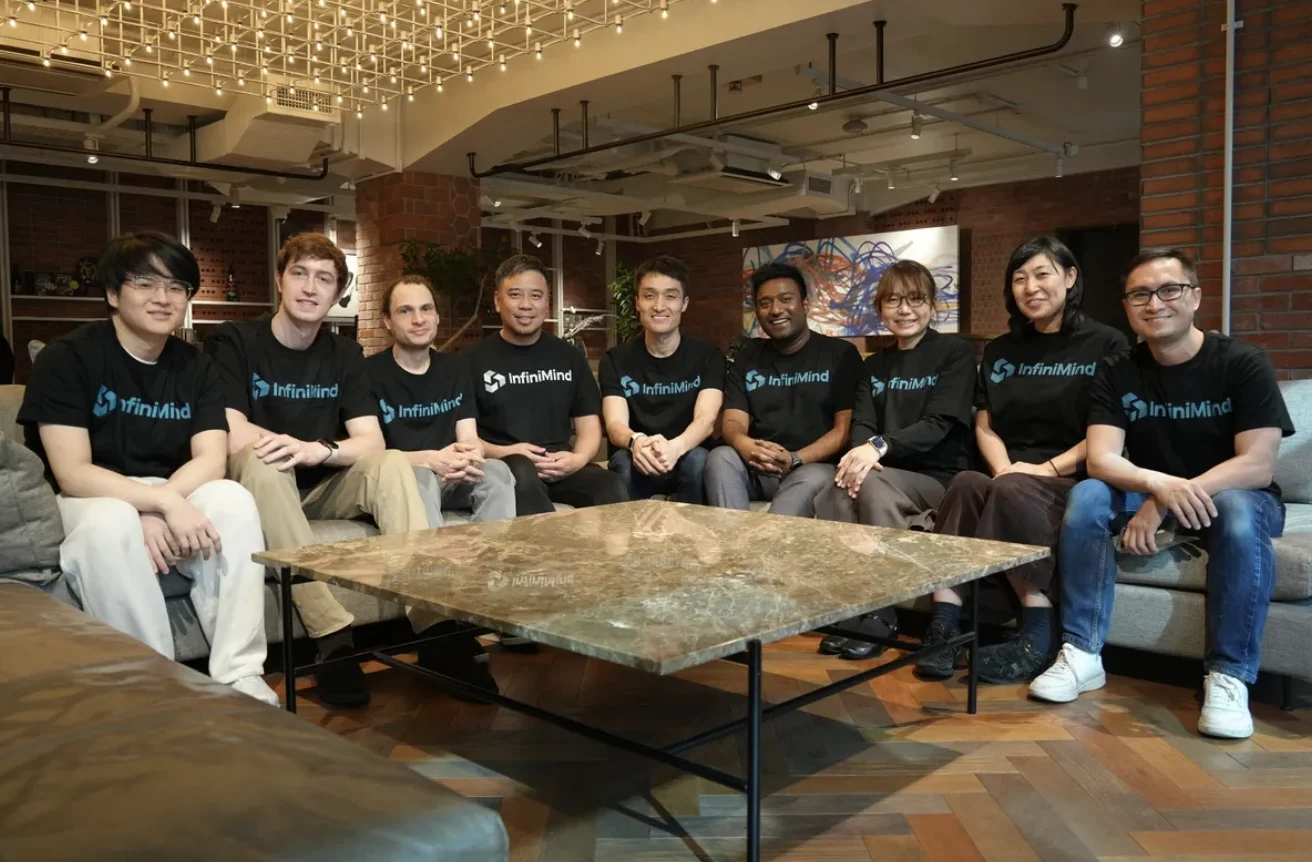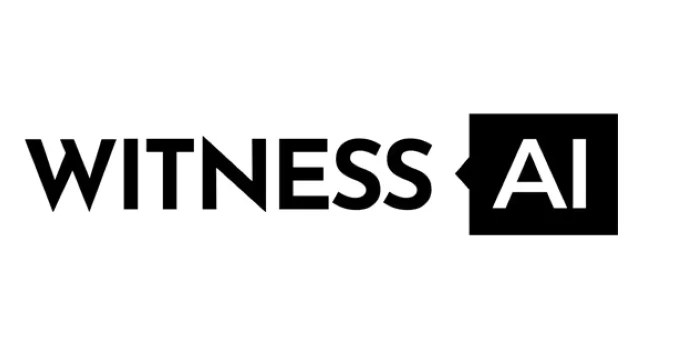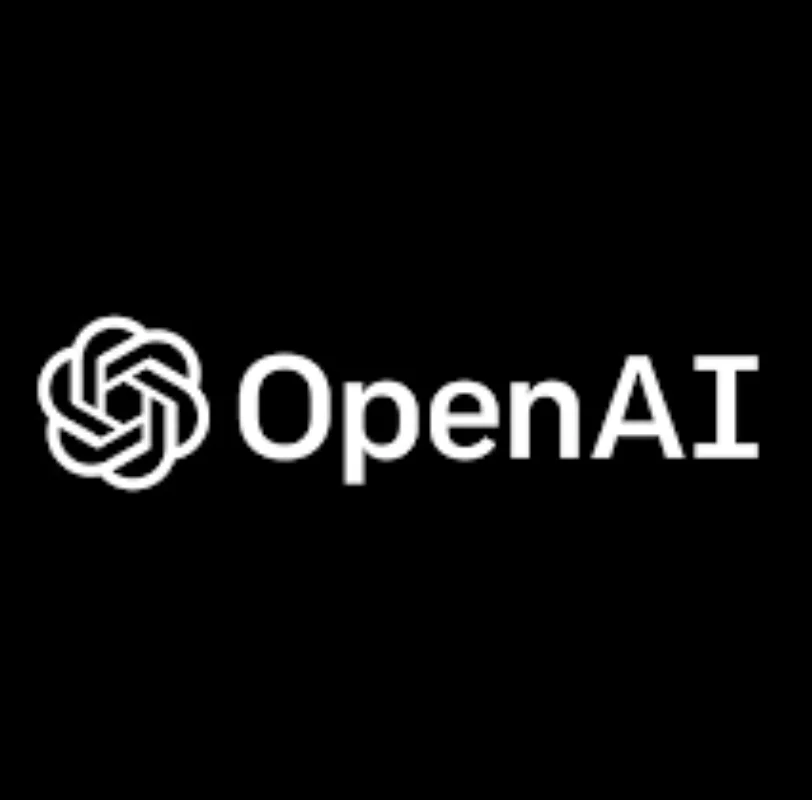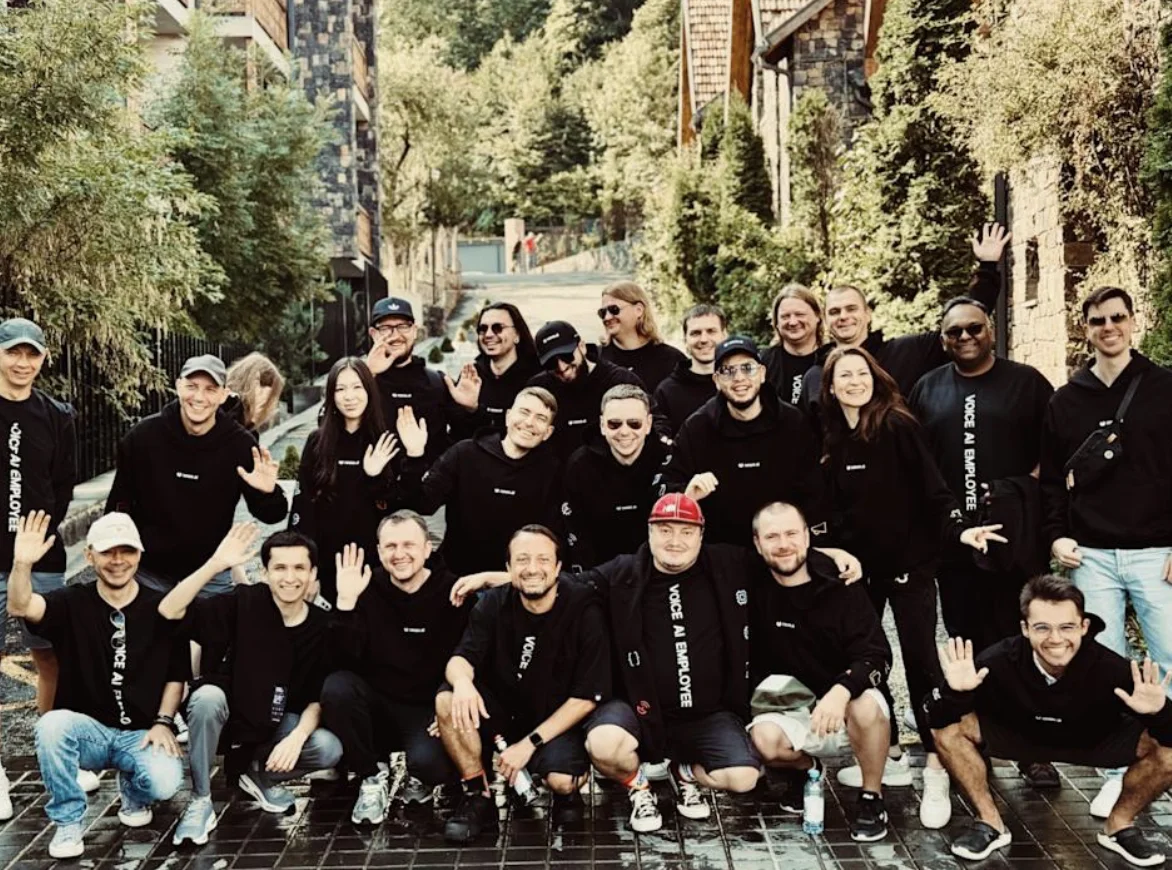“We are on the verge of destroying ourselves,” said Yuval Noah Harari, the renowned historian and author of Sapiens, during an interview on Amanpour and Company about his new book Nexus: A Brief History of Information Networks from the Stone Age to AI. Harari’s message is clear: while humanity has achieved remarkable feats, from landing on the moon to decoding DNA, the rise of artificial intelligence (AI) presents existential threats that we may not be prepared to face.
Harari’s central concern revolves around the unprecedented power that AI holds over our information networks.
“The basic function of information in most cases is not to reveal the truth,” he argued. Instead, information systems are primarily designed to connect people, often through distortions and mass delusions rather than objective facts. This poses a danger to societies built on democratic discourse, as algorithms are increasingly being used to manipulate what we believe.
One of the most significant threats, according to Harari, is the rise of “fake humans” — AI-driven algorithms that pretend to be real people online. These systems distort our conversations and spread misinformation. Harari suggests that banning these fake entities is essential to maintaining any semblance of reality in online spaces.
“We shouldn’t have the situation when algorithms pretending to be humans are running our conversations,” he warned.
Another key issue lies in how corporations use AI to spread harmful content for profit. Harari critiques social media giants like Facebook and TikTok for deploying algorithms that promote fear, hatred and conspiracy theories to keep users engaged.
“The problem is not with the human users, the problem is that the corporate algorithms deliberately spread the hate and the fear,” said Harari, arguing that these corporations must be held accountable for the destructive actions of their algorithms.
Harari also pointed out a fundamental difference between humans and AI.
“Organic entities like us, like human beings, we work in cycles…algorithms are tireless; they never need to rest.” This relentless pace, dictated by machines, forces humans to operate in a constant state of anxiety and excitement, which, Harari cautioned, is leading to societal collapse. “If you keep an organic system very excited all the time, it breaks down, collapses, and eventually dies.”
In his new book Nexus, Harari draws a chilling parallel between the rise of AI and the invention of the printing press. While the press eventually led to the Scientific Revolution, it also sparked centuries of religious wars and witch hunts due to the unchecked spread of misinformation. He warns that AI could follow a similar trajectory, only with more catastrophic consequences.
“Artificial intelligence can also lead to the rise of dystopian totalitarian regimes and new empires, and ultimately even the destruction of human civilization,” he said.
Harari’s message is urgent: the future of AI depends on choices we make now. Whether AI becomes a tool for progress or a harbinger of doom will be determined by how we govern it. The responsibility, he says, lies not just with a few tech elites but with all of us: “The choice which way it will go is a choice that all of us need to take part in.”






